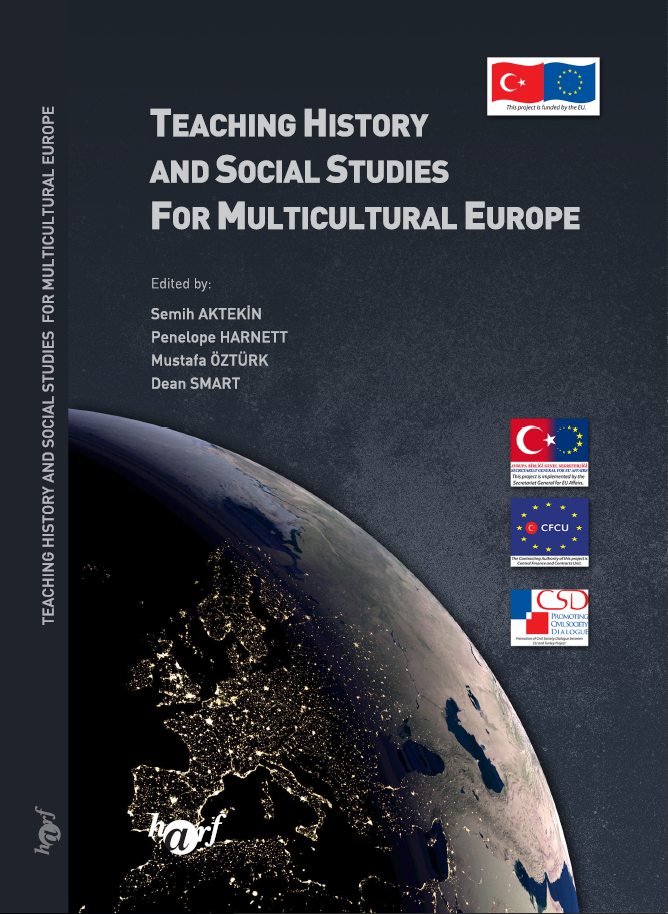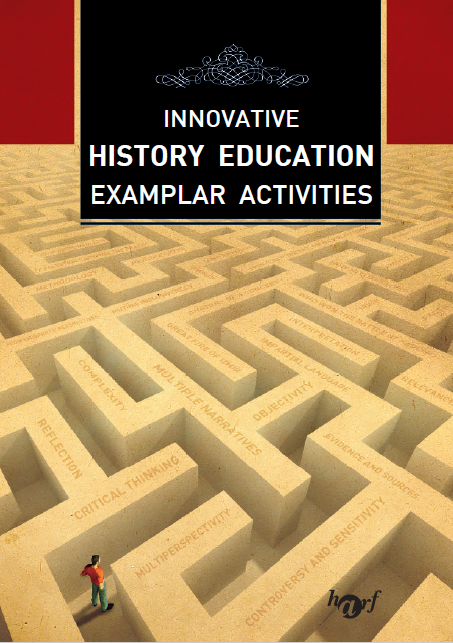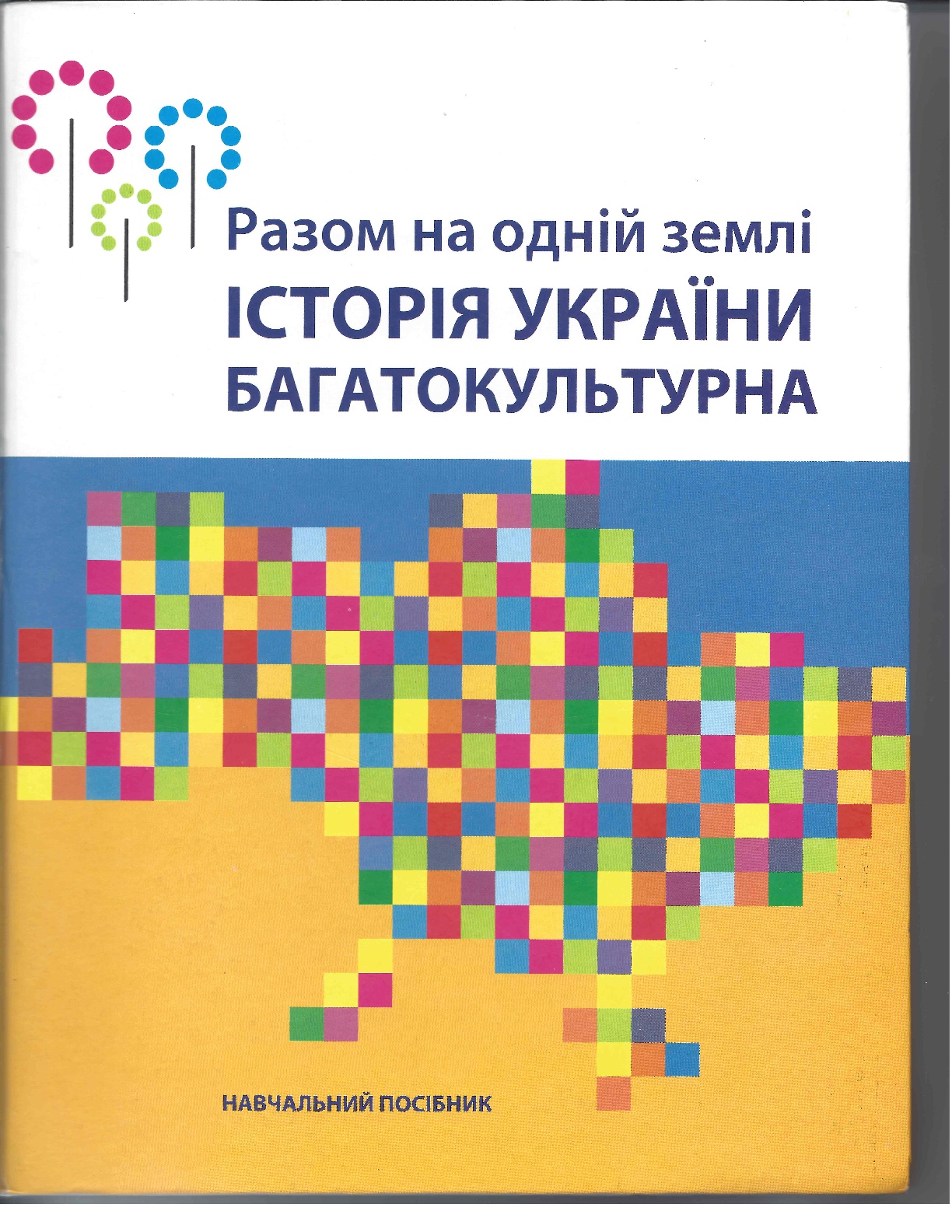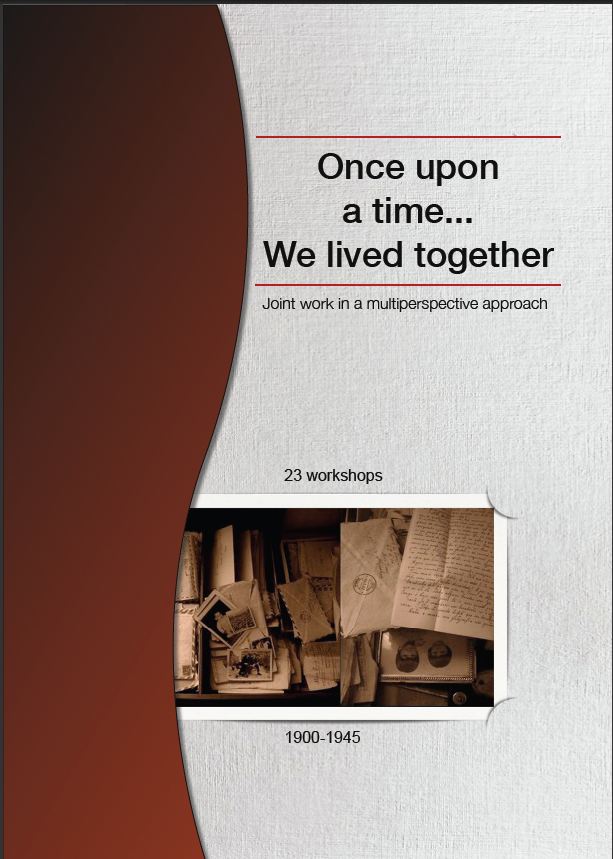This Study Guide was developed as part of the project Critical History: Adapting history education to the challenges of today’s digitized, globalized, and diverse societies in Europe. An Erasmus+ Project (2020-1-EE01-KA201-077997), the project was led by Tallinn University.
The Study Guide is aimed at students at teacher trainer colleges, as well as practicing history teachers. It contains four main chapters, each with accompanying teaching practices:
- Cultural heritage in history education (Dr. Mare Oja, Tallinn University)
- Public history and history education (Prof. Joanna Wojdon, Wroclaw University)
- Global perspectives of history education: global history, world history, big history, the anthropocene, and post-colonial history (Prof. Susanne Popp, Augsburg University)
- The role and influence of the internet in history education (Miljenko Hajdarović / EuroClio)
The Study Guide is available in English, Estonian, Polish, Spanish and German.

Ordinary People in an Extraordinary Country
Yugoslavia Between East and West In the last decades of [...]

Teaching History and Social Studies for multicultural Europe
The book “Teaching History and Social Studies for multicultural Europe” [...]

Innovative History Education, Examplar Activities
A Unique Collaboration In 2009-2012, Turkish Educational landscape was in [...]

Together in One Land. Multicultural History of Ukraine
The project “We” and “The Others” aims to enhance the [...]

Once Upon a Time…We Lived Together
Joint Work in a Multiperspective Approach, 23 Workshops on 1900-1945 [...]





